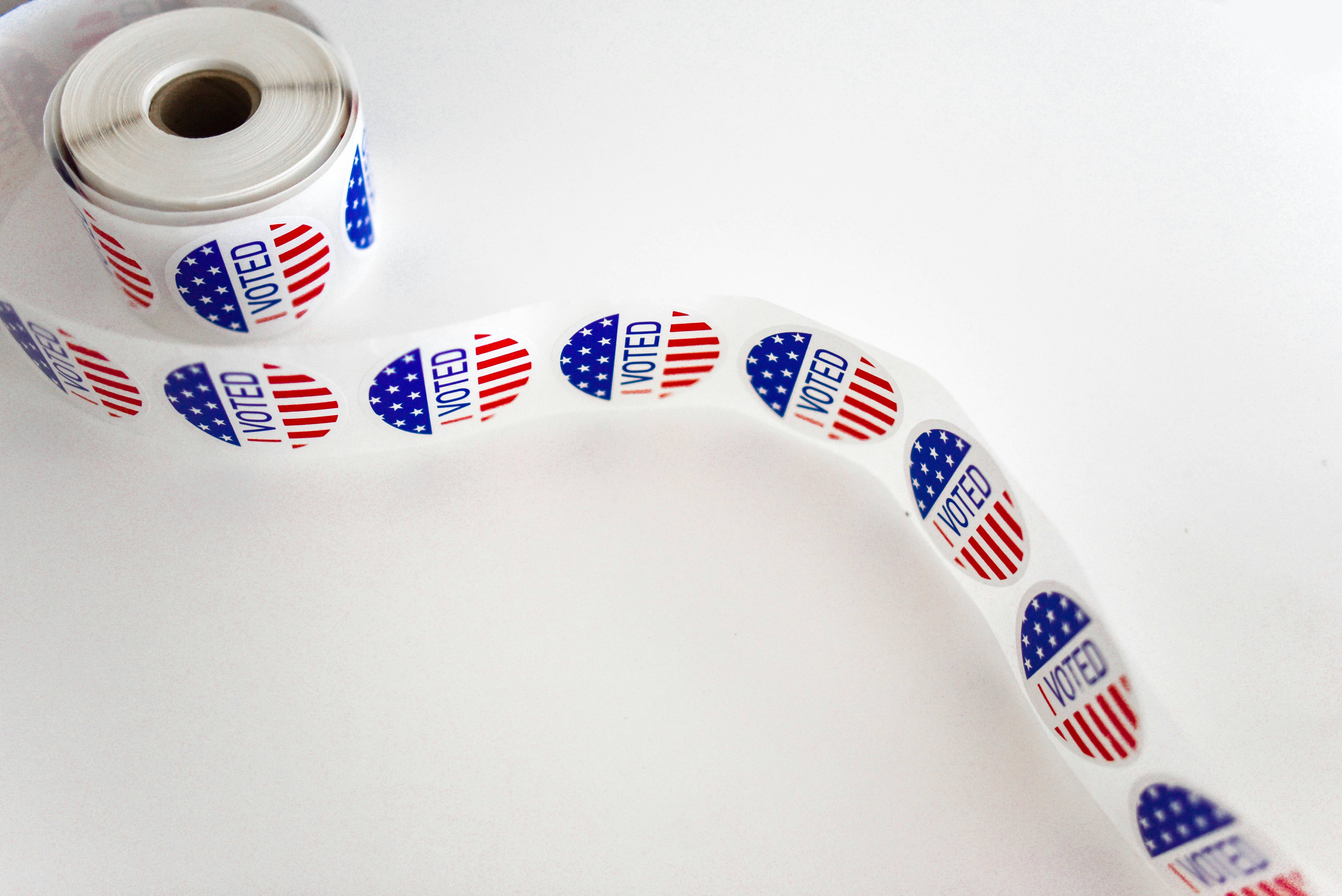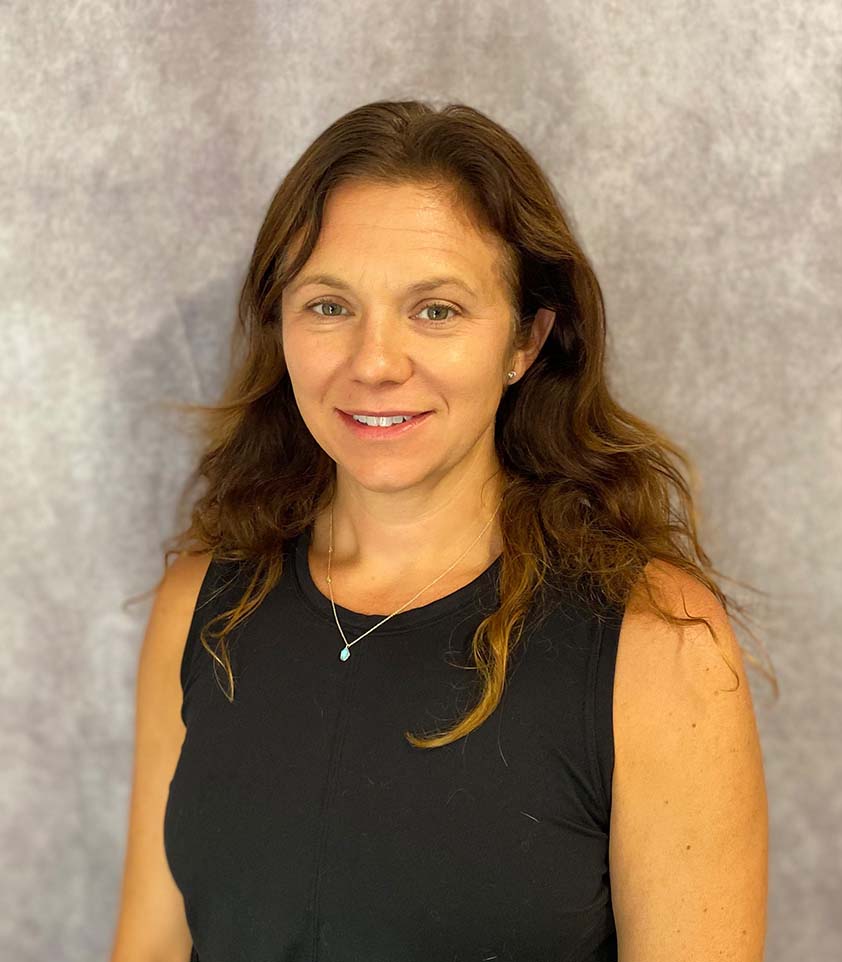Upcoming presidential election: Addressing uncertainty, stress and family wellbeing

By Leah Persky, Phd & CFLE • Parent Coach and Manager of Professional and Community Education
News about the upcoming presidential election is everywhere. No doubt you heard much about the primaries, Super Tuesday and speeches by the presidential hopefuls, even if you have been trying to avoid the news! As we get more clarity about the November elections and learn that it will most likely be a repeat of 2020, many of us feel an impending sense of concern and anxiety.
If you are feeling worried about the choices you have, the voting process, the pressure of increased political polarization, or feel left out of the democratic process, you are not alone. Many people are feeling the impacts of political stress on their wellbeing and on their personal relationships.

In 2020, 68 percent of Americans felt the election was a major stress in their lives. This is significantly higher than the 58 percent who felt similarly in 2016. Americans have been feeling stressed about elections for many years; the upcoming election is set up to further challenge us as we have limited choice, polarizing figures, and novel challenges to our democracy.
There is a name for these feelings of overwhelm, anxiety and concern for the future that many of us are experiencing now: Election Stress Disorder. This concept was coined by Steve Stonsy, a therapist who defines the term as “stress and anxiety triggered by election news (that) spills into work, social and family life.” A hallmark of this experience is stress, anxiety and increased resentment and hostility towards others, often misplaced towards your loved ones as you attempt to deal with the intense emotions you are experiencing.
Election Stress Disorder is not new, but the intensity of the feelings and the long-lasting nature of them is. Many people have been worried about politics since the 2016 elections; others worry because they see threats to our democratic foundations, increased political vitriol, and are concerned about what the future will hold for our children. According to the non-profit and non-partisan research group Freedom House, the quality of democracy in the U.S. has eroded a great deal over the past 16 years (2022). Further, the quality of our democracy is now closer to Panama and South Korea than our historical partners of the U.K. and Germany (Freedom House 2022).
As an educator and a parent of school-aged children, I am especially concerned about the ways in which the stress about the election and the concern about our democracy is impacting our families, children, and communities. Increased hatred, lack of understanding, empathy, and apathy are all around us. Our children pick up on the emotions of their parents and caregivers and absorb parts of discussions they hear at home and on snippets of the news they may hear. Children do not often understand what is happening politically, but often absorb the feelings and concern of their loved ones. This concern without understanding is hard for them to navigate.
It is important that we think about how we want the children in our lives to learn about what democracy is and how it works. Researchers have found that children are most likely to follow in their parents’ political footsteps, and they learn their political ideologies and worldview from a very early age. A recent Pew Research Center study found that between 80-90 percent of teens share the political ideology of their parents, varying slightly by party (Pew Research Center, 2023).
One positive takeaway from these trends is that we can all be part of the solution; we are all capable of improving our democracy by increasing our knowledge of it, not being apathetic, and talking with our children about the importance of democracy. We can come together to support each other in shared feelings of political stress and anxiety, and we can also talk with our children and families about why this is so important.
There are many wonderful organizations working to bridge the political divide and improve the civil discourse between Americans with opposing political views, such as Braver Angels.
If politics is coming between you and your friends and/or loved ones, or if you are having a hard time navigating the current political environment, reach out to me, the Parent Coach at JFCS. I can help to support you and come up with a plan that feels authentic to you and respects the political views of you and your loved ones: lpersky@jfcsmpls.org
Parent Coaching Interest Form: https://jfcsmpls.org/parent-coaching-interest-form/
